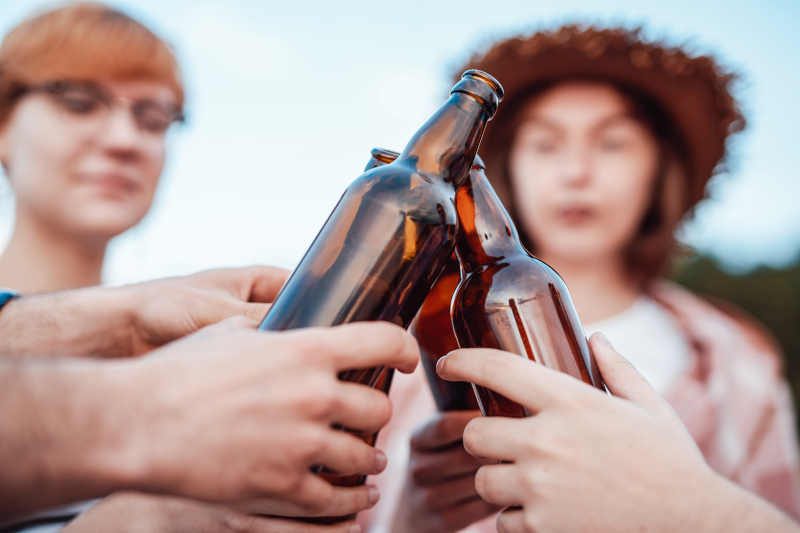Teen Substance Abuse Road to Recovery and Support
Substance abuse among adolescents is an urgent problem that affects innumerable young people and their families. Teens can find the fortitude and resources necessary to overcome addiction if they have the proper support systems in place. In this blog, we will examine the path to recovery for adolescents struggling with substance abuse, as well as the crucial support mechanisms available to assist them on their journey.
Recognizing the Problem
Recognizing the presence of substance abuse is the initial step towards recovery. Teens and their loved ones must be able to recognize the signs of addiction and comprehend its effects on various aspects of life. Open and truthful communication is crucial during this stage, creating a secure environment in which adolescents can express their struggles.
Seeking Professional Help
Substance addiction recovery frequently necessitates professional intervention. Encourage adolescents to seek assistance from addiction counselors, clinicians, or medical professionals with expertise in adolescent substance abuse. These professionals can provide the necessary direction, design individualized treatment plans, and provide support throughout the recovery process.
Developing a Supportive Network
Recovering is not a solitary process. Teens must surround themselves with a network of friends, family, and mentors who understand their struggles and care about their well-being. Support groups and community organizations can play an important role in connecting adolescents with peers who are undergoing similar experiences, fostering empathy and shared development.
Implementing Treatment Strategies
Recovery requires implementing effective, individualized treatment strategies for each adolescent. In some circumstances, this may involve a combination of therapy, counseling, behavioral interventions, and medication. Teens can begin to heal and develop healthy coping mechanisms by addressing the underlying factors contributing to substance misuse, such as trauma, mental health disorders, and dysfunctional family relationships.
Developing Coping Skills
Adolescents must develop alternative coping skills to replace substance abuse. Encourage them to investigate healthy outlets such as creative pursuits, sports, mindfulness exercises, and support groups. Teenagers can reduce their risk of relapse and develop a solid foundation for long-term recovery by learning positive ways to manage stress and emotional challenges.
Education and Prevention
Preventing relapse and future substance abuse is essential to the recovery process. Educating adolescents about the risks of substance abuse, its effects on their health and relationships, and its long-term consequences can empower them to make informed decisions and resist peer pressure.
The road to recovery from adolescent substance abuse may be long and difficult, but it is possible to achieve a healthier, substance-free existence with the proper support and resources. Teenagers can pave the way to a brighter future by recognizing the problem, seeking professional assistance, establishing a supportive network, implementing effective treatment strategies, developing coping mechanisms, and emphasizing education and prevention. Let us join together as a community to support and empower adolescents on their path to recovery and to assist them in reclaiming their lives from substance abuse.


